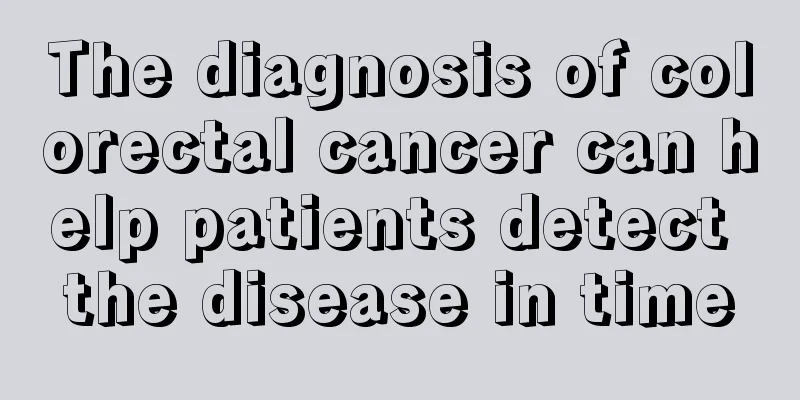Complications after cholangiocarcinoma surgery

|
Postoperative complications of cholangiocarcinoma include infection, bleeding and bile leakage, which require prompt medical treatment. The occurrence of postoperative complications is closely related to surgical trauma, the patient's physical condition and postoperative care. Targeted treatment and care can effectively reduce the risk. 1. Infection is one of the common complications after cholangiocarcinoma surgery. Surgical wounds, intraperitoneal operations and drainage tubes may cause infection. Body temperature, blood count and drainage fluid should be closely monitored after surgery. Antibiotics should be used promptly if signs of infection are found. Commonly used antibiotics include cephalosporins, quinolones and aminoglycosides. Specific medications should be selected based on the results of bacterial culture and drug sensitivity tests. Keep the wound clean and dry, change the dressing regularly, and avoid cross infection. 2. Bleeding is another common complication after surgery. Vascular damage, coagulation disorders, or postoperative wound bleeding during surgery can all lead to bleeding. After surgery, vital signs, drainage volume, and color should be closely observed, and bleeding signs should be treated promptly. Mild bleeding can be controlled by hemostatic drugs such as vitamin K and prothrombin complex, while severe bleeding requires another surgery to stop bleeding. Avoid strenuous activities after surgery, keep bowel movements unobstructed, and reduce abdominal pressure fluctuations. 3. Bile leakage is a unique complication after cholangiocarcinoma surgery. Bile duct injury, poor anastomotic healing or poor drainage during surgery can all lead to bile leakage. The nature and amount of drainage fluid should be closely observed after surgery, and bile leakage should be treated promptly if found. Mild bile leakage can be controlled by drainage, nutritional support and anti-infection treatment, while severe bile leakage requires another surgical repair. Keep the drainage tube unobstructed after surgery to avoid twisting and compression, and replace the drainage bag regularly. Postoperative care is crucial to prevent complications. Patients need to maintain a good attitude and actively cooperate with treatment. The diet should be light and easy to digest, and avoid greasy and spicy food. Appropriate activities promote gastrointestinal motility and prevent intestinal adhesion. Regular follow-up examinations should be performed to monitor liver function, tumor markers and imaging changes, so as to promptly detect and treat recurrence or metastasis. Complications after cholangiocarcinoma surgery need to be taken seriously and treated promptly. Targeted treatment and care can effectively reduce the incidence of complications and improve the quality of life of patients. After surgery, patients need to maintain good living habits, have regular checkups, and actively cooperate with treatment in order to achieve the best therapeutic effect. |
<<: Can an 82-year-old man with bile duct cancer undergo surgery?
>>: Gallbladder polyps in an eleven-year-old child
Recommend
Can I take anti-inflammatory drugs after eating fruit?
Do you know that when we take medicine, we need t...
What are the different types of bladder cancer?
Bladder cancer can be divided into two main types...
Exercise for patients with lymphoma
Malignant lymphoma is a large class of tumors wit...
Various combinations of multi-grain rice paste
Multi-grain rice paste is rice paste made from a ...
Can colon cancer be transmitted through blood?
Due to irregular lifestyles, environmental pollut...
How to improve poor facial skin
If we have bad facial skin and want to improve it...
How to care after rectal cancer surgery
With the progress of the times, people's livi...
What are the consequences of suddenly stopping prednisone?
Prednisone has good anti-inflammatory and anti-al...
Can I eat spinach while drinking alcohol?
Nowadays, drinking is necessary in many occasions...
How to eat Spirulina tablets to lose weight
Spirulina tablets are a kind of health care table...
How to treat headache caused by sinusitis
Sinusitis is a relatively common type of rhinitis...
What are the dietary adjustments for patients with bone cancer
After suffering from bone cancer, you should not ...
Alkaline grains
The human body must maintain an absolute acid-bas...
Rectal cancer diagnosis and staging
Blood in the stool, weight loss, anemia, abdomina...
What are the principles of dietary treatment for liver cancer? How to take care of it after surgery?
Liver cancer is highly malignant and rapidly prog...









